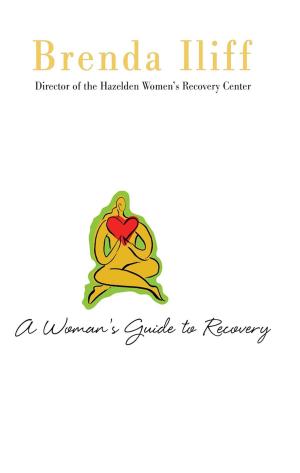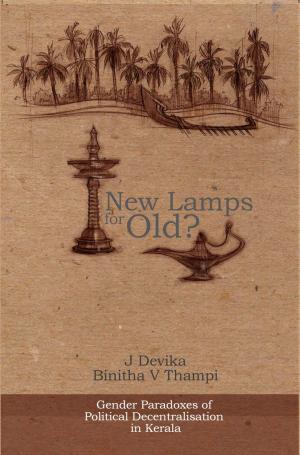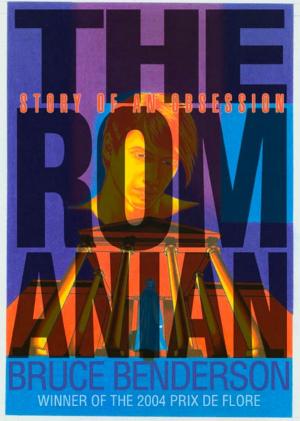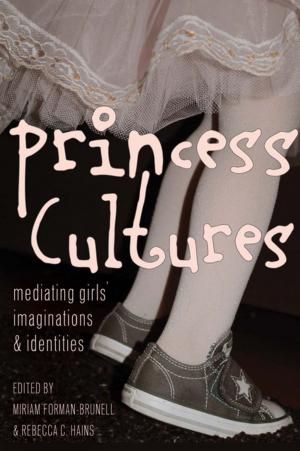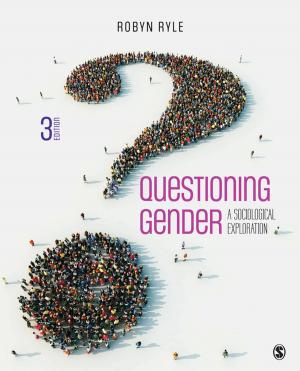Why Men Hate Women
WHY MEN HATE WOMEN
Nonfiction, Health & Well Being, Psychology, Human Sexuality, Social & Cultural Studies, Social Science, Gender Studies| Author: | Adam E Jukes | ISBN: | 9781911383031 |
| Publisher: | Free Association Books | Publication: | April 30, 2016 |
| Imprint: | Free Association Books | Language: | English |
| Author: | Adam E Jukes |
| ISBN: | 9781911383031 |
| Publisher: | Free Association Books |
| Publication: | April 30, 2016 |
| Imprint: | Free Association Books |
| Language: | English |
What makes a man like John, in every respect a cultured and charming man, successful in his career and liked by his friends and acquaintances, behave violently towards a woman he says he loves? Is he sick? Is he different from other men? Is it, as he says, Jane's fault? Does she like being beaten? Otherwise why would she go on doing what she knows upsets him? Adam Jukes hopes that by the end of his demanding but gripping book, the reader will be able to answer these questions. Adam Jukes works with men who are abusive and violent to women. In the last five years he has been involved in the London Men's Centre, which offers dedicated programmes to men who are violent. He began working with abusive men as a psychodynamic psychotherapist, but as his work continued he found that the work of feminists in the refuge movement and in the 'speaking bitterness' literature could not be ignored. He integrates these two perspectives in his work. The way in which he presents men in this book will generate distress for those men who experience their masculinity as a burden - for he argues that misogyny, the hatred of women, is an inescapable element in the development of masculinity. But he also shows how the model of misogyny which informs the book is applied to an intervention programme to stop male abusiveness. This is a shocking book. Its thought-provoking view of the issues will be of great interest to mental health professionals and all concerned readers.
What makes a man like John, in every respect a cultured and charming man, successful in his career and liked by his friends and acquaintances, behave violently towards a woman he says he loves? Is he sick? Is he different from other men? Is it, as he says, Jane's fault? Does she like being beaten? Otherwise why would she go on doing what she knows upsets him? Adam Jukes hopes that by the end of his demanding but gripping book, the reader will be able to answer these questions. Adam Jukes works with men who are abusive and violent to women. In the last five years he has been involved in the London Men's Centre, which offers dedicated programmes to men who are violent. He began working with abusive men as a psychodynamic psychotherapist, but as his work continued he found that the work of feminists in the refuge movement and in the 'speaking bitterness' literature could not be ignored. He integrates these two perspectives in his work. The way in which he presents men in this book will generate distress for those men who experience their masculinity as a burden - for he argues that misogyny, the hatred of women, is an inescapable element in the development of masculinity. But he also shows how the model of misogyny which informs the book is applied to an intervention programme to stop male abusiveness. This is a shocking book. Its thought-provoking view of the issues will be of great interest to mental health professionals and all concerned readers.





